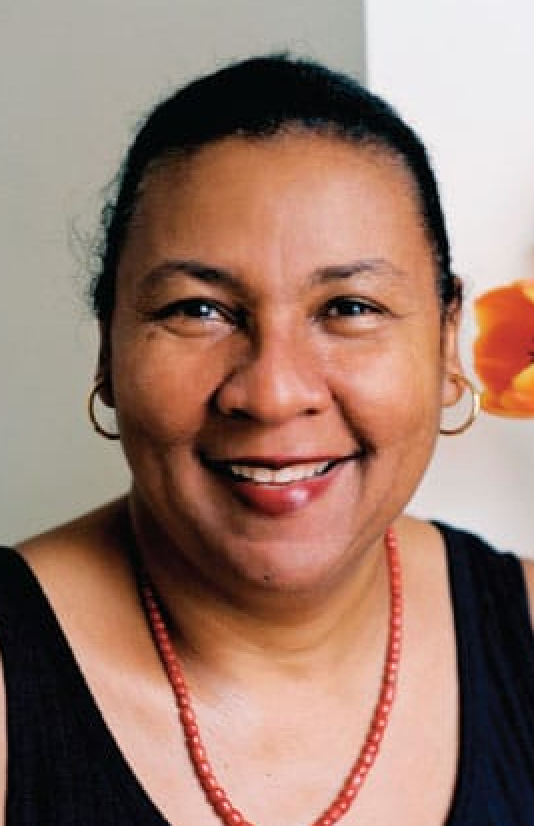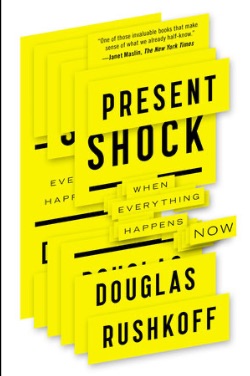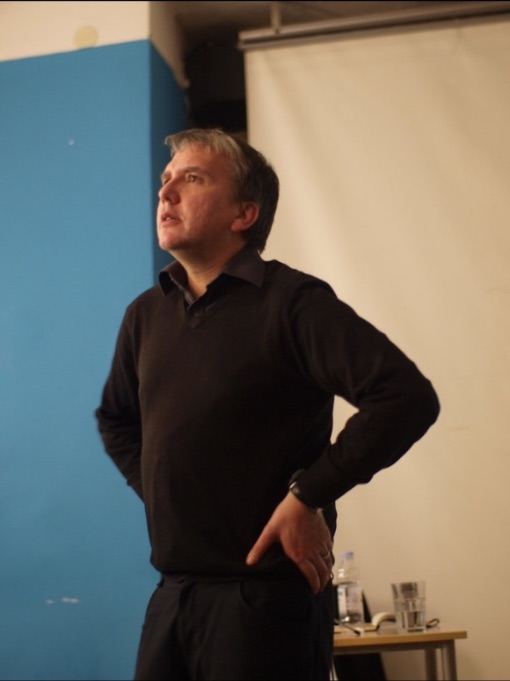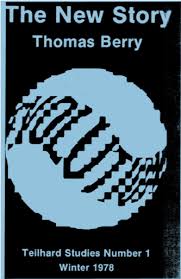March 21, 2025
Culture
“We met as activists, so when we play music together, we also play music for the environment, music for the planet, for saving water … and we are feminists”.
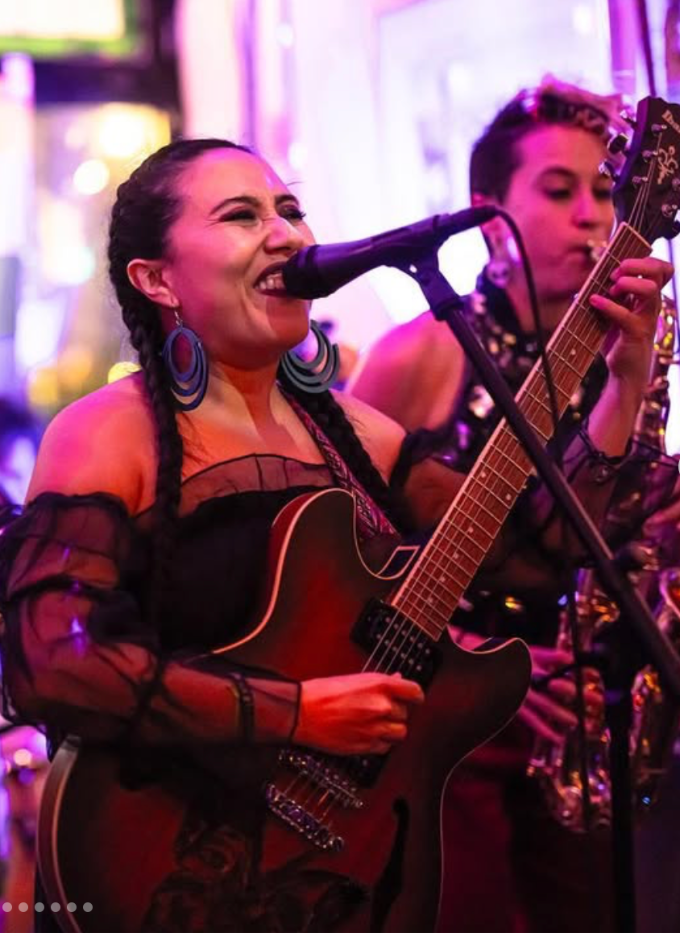
See more photos on Instagram
This week my friend and colleague, Emily Miles, and I were sharing weekend highlights. She enthusiastically recounted a Purim party featuring West Philly Orchestra and Mariposas Galácticas at World Cafe in her neighborhood. She was particularly struck by Mariposas Galácticas' ability to mourn the state of the world while simultaneously celebrating the power and energy of community.
Mariposas Galácticas is an eight-piece band based in Philadelphia, formed just two years ago by María Paz Ordoñez and Ariel Goodman. The band blends kumbia, klezmer, and punk music, reflecting the backgrounds of its members. Ordoñez, an Indigenous South American from the Cañari peoples, and Goodman, who is Jewish, met at an activist gathering in Peru.
Their music is a fusion of traditional and radical influences. Kumbia, with roots in African and Indigenous cultures from northern Colombia, is spelled with a "K" as a nod to the Kichwa language. Klezmer, the traditional music of the Ashkenazi Jewish diaspora, is incorporated as a way to reclaim lost cultural heritage. The band also integrates elements of punk, embodying themes of resistance and radical joy.
I noticed from their Instagram page that last fall they played the Anti-Fascist Fiesta in nearby Barre, VT. The next time they come that close, I’m going to dance.
ARTICLE: Mariposas Galácticas Honors its Ancestors with Music for Community Empowerment
